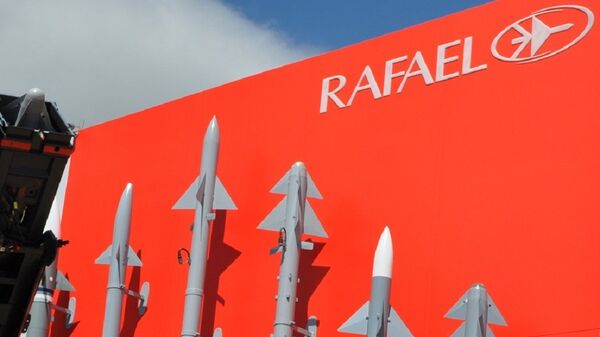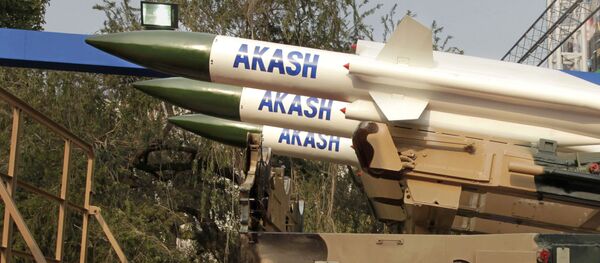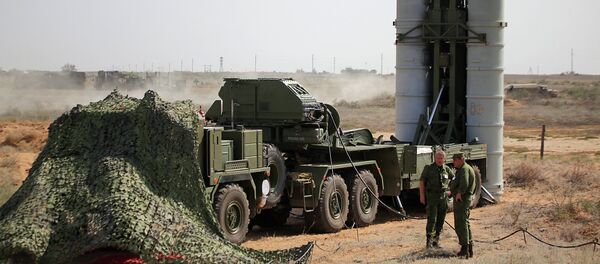In an interview with Sputnik, Moscow-based military expert and a seasoned Air Force pilot Makar Aksyonenko said that even though the Pytnon-5 missile is a versatile weapon currently used by missile defense systems and Israeli F-15, F-16 and Kfir fighter jets, it’s characteristics are equal to the R-73 missiles found on the Su-27 and Su-30 [planes and notably inferior to Russia’s latest R-73M and R-74 missiles.
“The R-73M heat-seeking missile has greater range and can ‘see’ targets to 60° off the missile’s centerline. It can also be backward fired at an enemy plane attacking from behind and targeted by a helmet-mounted sight allowing pilots to designate targets by looking at them, which is vital during highly maneuverable dogfights,” he said.
The R-73M missile is also used by MiG-29 and MiG-31fighters, Mi-24 and Ka-52 land- and ship-based helicopter gunships.
“This means that the Israeli missile is in no way better than ours,” Aksyonenko added.
He also mentioned the problems that could arise when adapting foreign-made missiles for use on the Sukhoi fighters.
“Any unauthorized use of non-standard weapons on Su-27/30 fighters, and attempts to upgrade them is fraught with serious breakups and the manufacturer’s refusal to service them any further.”
“In a word, any attempts to arm Su planes with foreign-made weapons are just a waste of money with very questionable results. This would hardly help improve the combat capability of the Vietnamese Air Force,” he emphasized.
Never miss a story again — sign up to our Telegram channel and we'll keep you up to speed!






